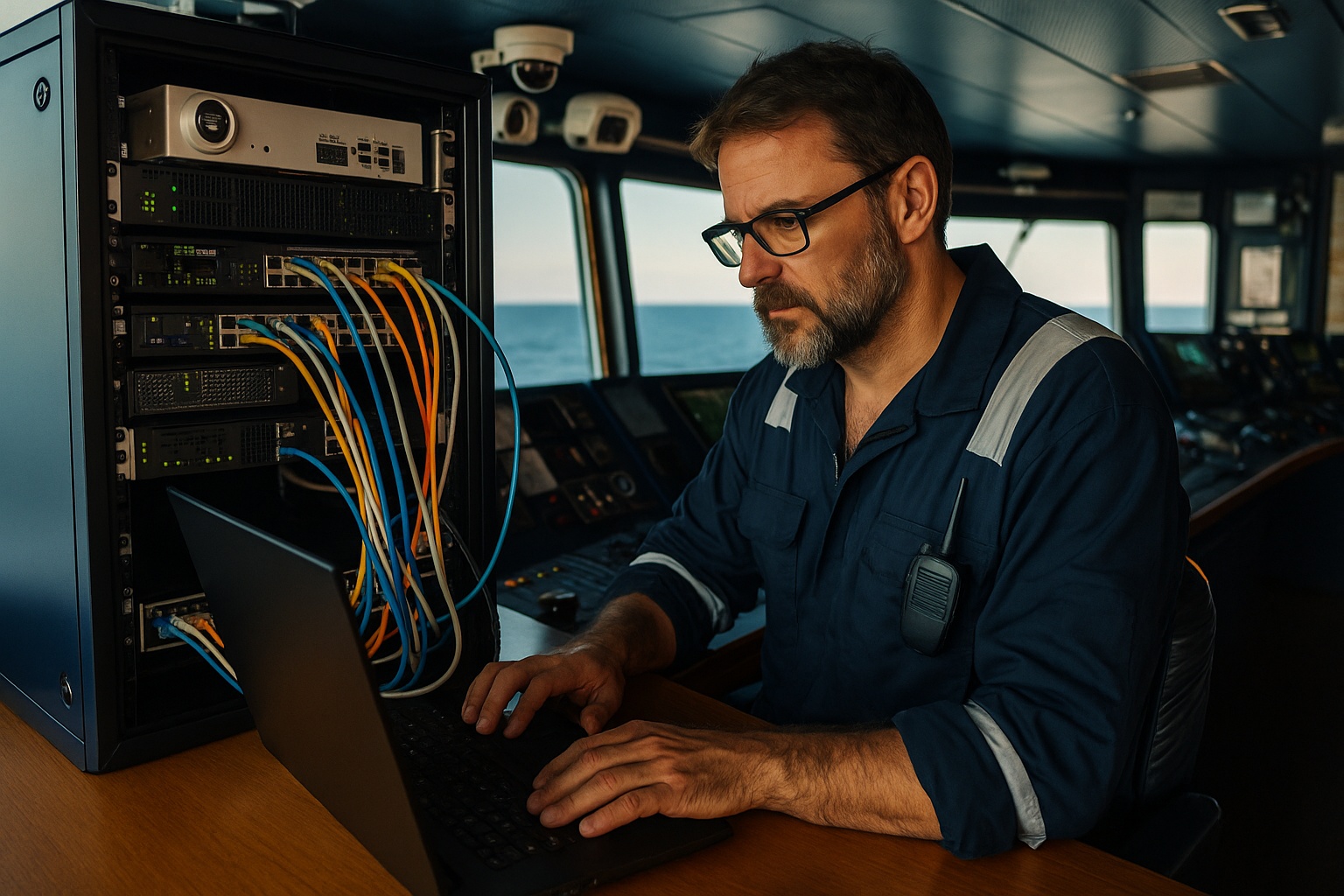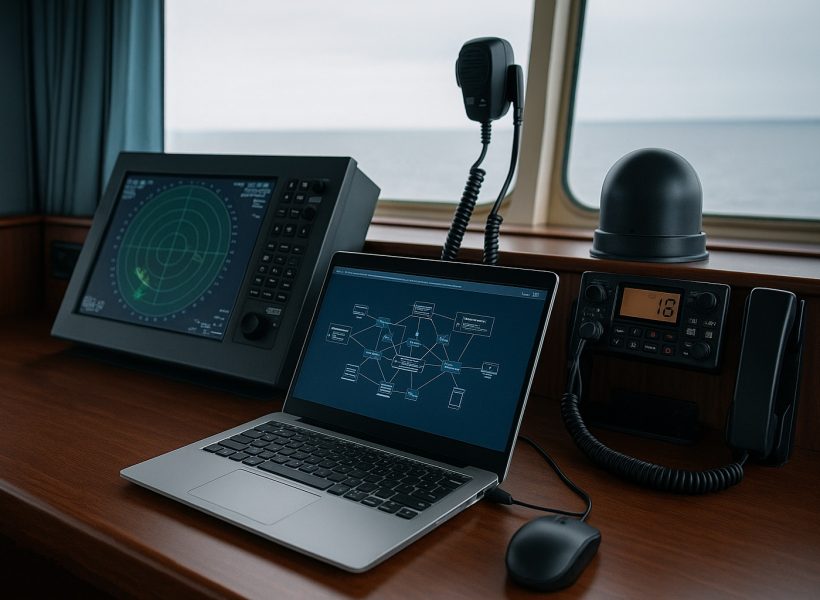
- Home
- About Us
- Services
- Connectivity
- Maritime VSAT Solutions
- Starlink Maritime Top LEO Internet Solutions
- OneWeb Maritime Internet | Satcenter LEO Connectivity
- Inmarsat Maritime Connectivity Solutions | Global VSAT
- Iridium Certus Maritime Connectivity
- LTE 4G/5G Marine Connectivity
- Hospitality IPTV Solutions
- Maritime TVRO Solutions & IPTV Entertainment
- Contact
- Blog


